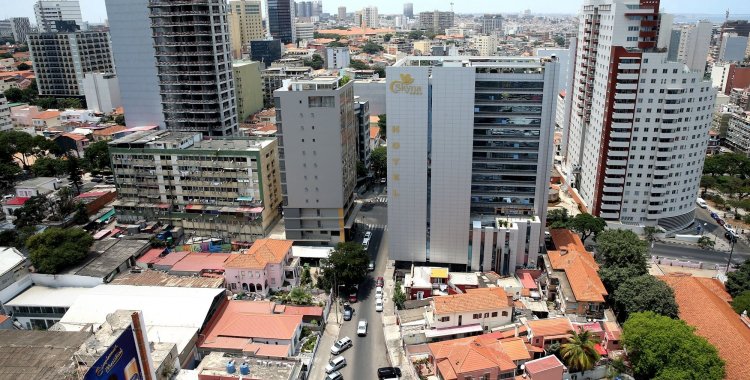For the Secretary of State of the Ministry of Interior for Technical Assurance, Carlos Albino, the population and disorderly growth of Angolan cities are factors that "directly or indirectly impact the authorities' response in cases of natural climate change".
"And, therefore, it can be an intense rain that limits the coordinated action of the different departments in the sense, for example, of saving lives, because there is a disorder from the point of view of location, of infrastructure", said the official.
Speaking within the scope of the "Workshop on updating the Strategic Plan for the Prevention and Reduction of Disaster Risk and the National Plan for Preparedness and Contingency", which takes place today in Luanda, Carlos Albino admitted the need to review and update those plans.
The plans "need to be updated, they must be revised, because these consequences that arise from these phenomena can have two interpretations, namely the phenomenon itself and human action", he assumed.
The need to update these plans, he maintained, "is to allow Civil Protection specialists to prevent in a more exact and much better coordinated way".
"The analysis of these plans will certainly lead specialists to certain scenarios and one of them, for example, the materialization of urban master plans that have consequences for the quality of life and urban mobility", he stressed.
Droughts, rains and floods are phenomena that still affect several locations in Angola, causing deaths, destroyed houses and homeless people, especially during the rainy season.
Carlos Albino also made it known that the country has flood warning systems or other natural phenomena installed in certain rivers, admitting, however, the need for some to be updated.
"This is also one of the issues that will be analyzed at the level of this working group. (...) The installation of this set of systems requires resources, the alteration that occurs both in our rivers and in the natural phenomena requires the updating of these systems", he stressed.
"The systems implemented today, some respond and others not so well, that's why this group also has the mission of reflecting on the existing systems", concluded the Angolan official.
The meeting is promoted by Angola's National Civil Protection Commission.
The "workshop" stems from the need to assess the level of implementation of the plans and their operability in the face of risk scenarios, available capacities and resources, established coordination mechanisms and adaptation of good international practices, as well as identifying gaps, reordering and updating in alignment with the Sendai Framework 2015-2030.







